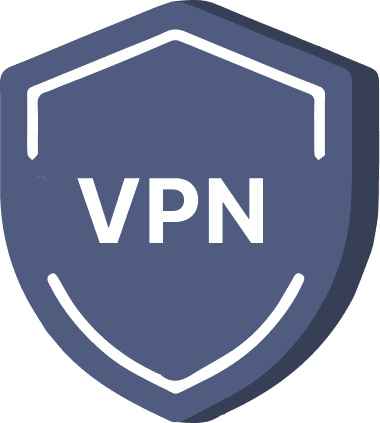
In 2018, a VPN company announced that one of its servers was breached in 2018. The server, which the company claimed was based in Finland and it became the target of hackers after they discovered that the data center had a poor configuration, which the company didn’t know about.
The above scenario perfectly describes how a VPN gets hacked. There was an unobserved vulnerability, either from the company or the user, that the hackers identified and exploited. This article explains everything about VPN hacks. It also highlights the safety and security risks that a hacked VPN carries and explains what to do when this happens.
Can VPNs Be Hacked?
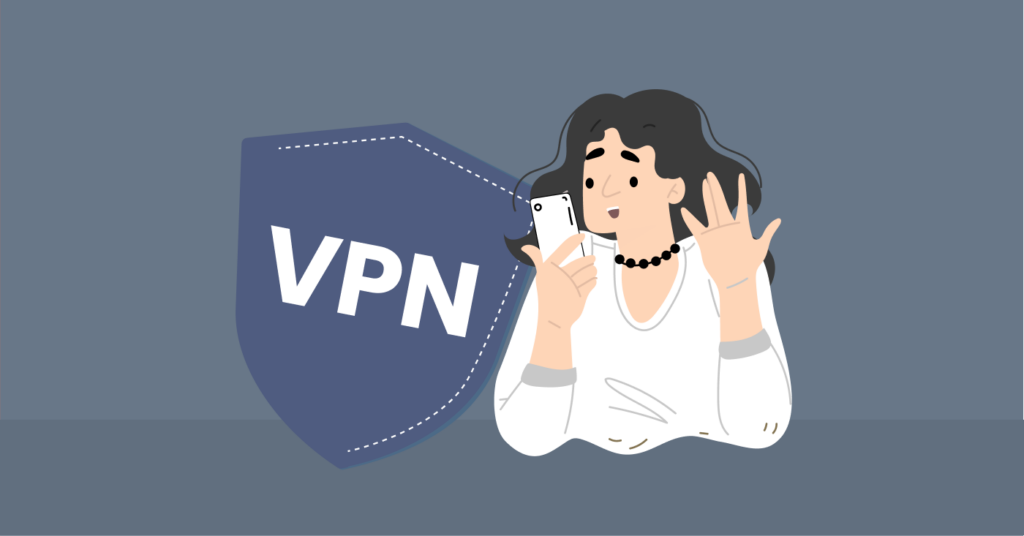
Yes, like all software companies, a VPN can be hacked. No system, no matter how secure, is immune to all forms of vulnerabilities. Hackers have made it their duty to find these vulnerabilities and exploit them at every chance that they get.
As a VPN user, your primary responsibility is to minimize the chances of exploiting these openings by following online best privacy practices. This includes to make sure you leave no digital footprints manually while on a VPN network and avoiding disclosing personal and private information.
What Causes a VPN Hack?
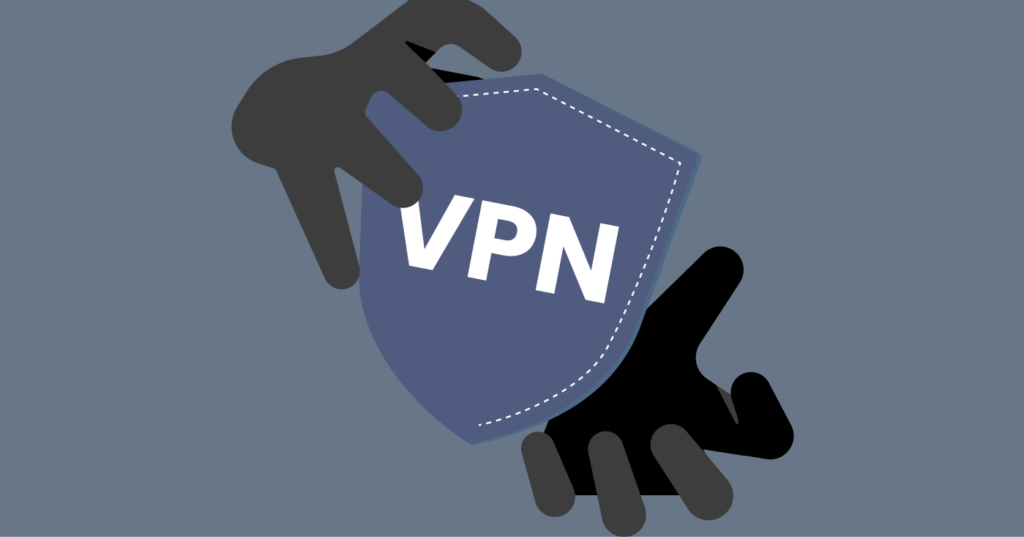
There are various reasons that lead to VPN hacking or a VPN data breach. They include
- Improper server and network management
- Outdated encryption algorithm
- Obsolete authentication methods
- Public DNS leaks
- Data logs
- Outdated tunneling protocols
You can group these into the five major categories below:
1. Insecure VPN Protocols
VPN technology has evolved rapidly over the years leading to the rise of fast and highly secure protocols like WireGuard, OpenVPN, and IKEv2. VPNs using these protocols typically offer state-of-the-art security that is extremely difficult to bypass. However, not all VPNs utilize these protocols.
Some VPNs, especially free ones still use older protocols like SSTP, PPTP, and LT2P which aren’t as secure as the other protocols mentioned above. This is why it’s advisable to stay off these free VPNs. Premium VPN providers like ExtremeVPN value your data and privacy and use modern, more secure protocols that better ensure the safety of your data.
2. Weak Encryption Standards
Encryption refers to how VPNs encode your data into non-readable texts and characters while it travels through their servers. If any network, server, or computer intercepts the data at this stage and tries to compromise, it will only get a string of unmeaning texts and characters.
At the moment, AES 256 is the strongest and most recent mode of encryption favoured by even military and intelligence agencies worldwide. VPNs that also care about their users’ privacy go for this encryption standard due to its effectiveness.
However, some VPNs have failed to switch to this protocol, choosing to stay on the older versions. Hence, confirm this before choosing any VPN and avoid the ones with poor encryption protocols for the safety and security of your data and information.
3. Encryption Keys
When VPNs encrypt your data using AES or any other standards, they typically do so with encryption keys. The receiver network or computer uses this same key to decrypt the data and uncover its details.
When hackers get a hold of this key, they can peek into every information you’re sending and gather important data. This, however, is easier said than done.
Obtaining an encryption key requires an extended time, various resources, and a deep understanding of computer science, especially cryptography. While all of these make obtaining encryption keys difficult, they don’t make it impossible.
For this reason, some premium VPN services have started to implement various technologies like Perfect Forward Secrecy (PFS) to further augment the security of encryption keys.
PFS works by changing the value of the encryption key so that the set of values used to encrypt and decrypt the data is different. This makes it even more difficult for malicious actors to access your data.
4. Vulnerable Servers
For most knowledgeable hackers, the fastest way to gain access to a VPN is through the VPN server. Rather than target individual VPN users, the hacker targets the VPN provider directly, hoping to find some vulnerabilities within their network.
These vulnerabilities often come in the form of weak access control mechanisms, questionable login credentials, and improperly configured VPN servers.
Successfully exploiting vulnerable VPN servers gives a hacker access to all the information on them. So, if you hear that a VPN’s servers were compromised and the data of its users were obtained, this is most likely what happens.
A common way VPN providers reduce vulnerabilities in their servers is by using RAM-only servers and having their servers undergo regular infrastructure audits. This greatly minimizes the presence and discovery of vulnerabilities.
It’s also important to note that hackers aren’t the only ones who find vulnerabilities in servers. Government agencies and other interested parties can bypass a VPN server when searching for high-value targets or institute internet shutdowns.
5. User Errors and Mistakes
When discussing how hackers bypass VPN security, it’s common to sideline the user’s faults. However, this reason is also extremely important.
When VPN customers fail to follow tips for safe and secure browsing, they’re essentially inviting people to snoop on their data. The end result is often that the hacker gains hold of the VPN user’s login credentials and uses them for malicious purposes.
What Happens if Your VPN is Hacked?
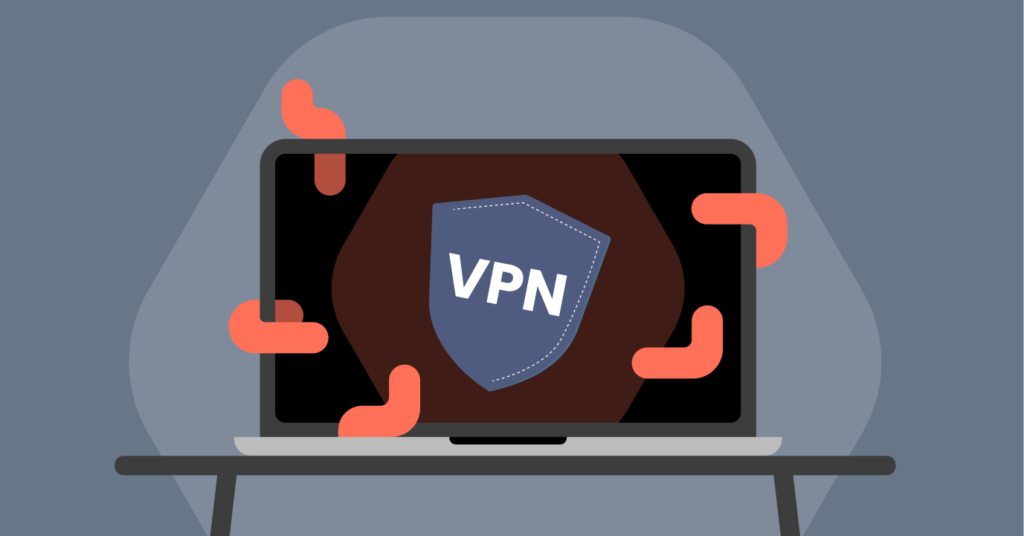
A hacked VPN is a serious safety and security risk that you should avoid at all times. If your VPN gets hacked, one of the following things will happen:
Malware and Viruses
A hacked VPN may facilitate the installation of malware and viruses on your device. The hacker may not directly send the virus to your device, but your device may pick it up from visiting unsafe and insecure websites.
The hacker may also send you a link that goes directly to malware. Once you click on the link, the malware starts downloading to your device immediately.
Data Theft
Most times when hackers find ways to compromise a VPN’s security, they typically do so with the hope of stealing users’ data for malicious purposes.
They may use the obtained data for elaborate phishing attacks, spam you with unwanted messages and emails, or sell them to advertisers who run targeted ads against you.
Fraud and Online Scams
Hackers also find ways to hack your VPN to hold you to ransom for a particular amount of money. They may threaten you to perform some actions or utilize identity theft to gain access to what’s accessible only to you. Since they have your data, they may also call you outright and ask you to perform some transactions or try to get to you through the people that you know.
Insecure Browsing Sessions
A hacked VPN makes it easier for hackers to monitor your online activities and browsing history. This is not limited to hackers alone; even the government and any of its agencies may monitor you through your online activities.
What Should You Do When Your VPN Gets Hacked?
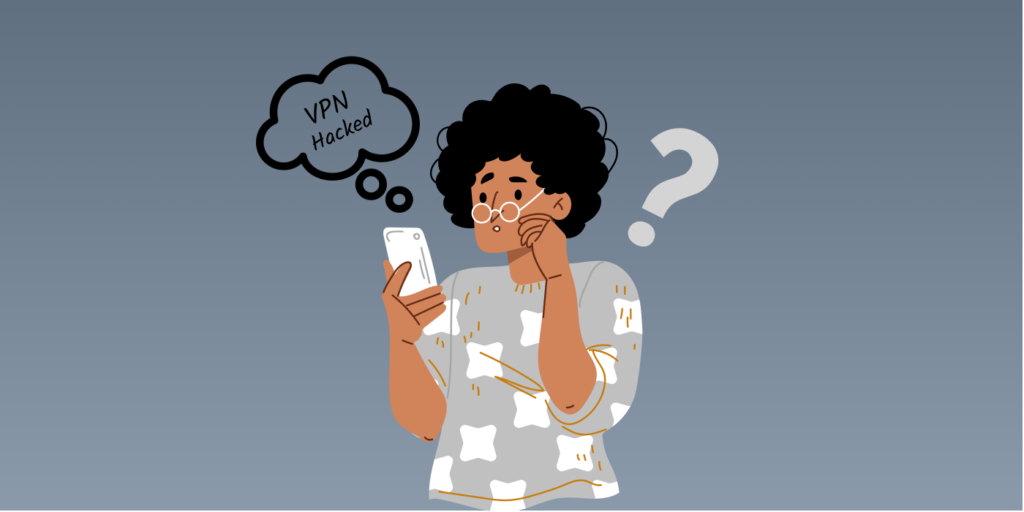
A hacked VPN is a playground for hackers and cybercriminals. It defeats the fundamental purpose of a VPN which is safety and security and comes with its own set of risks and privacy issues. Below are steps that you can take in case of a hacked VPN:
1. Monitor Your VPN Activities
Firstly, you have to know whether your VPN is truly hacked. Be on edge and look for suspicious details that you’ve not previously observed when using your VPN. For example, if your device starts overheating whenever you connect to your VPN, then your VPN’s security may have been compromised. Other signs include the addition of new files and apps to your devices or unauthorized activities on your profiles.
2. Disconnect Immediately
If you suspect that someone has hacked your VPN, disconnect from it immediately. If you continue to stay connected, you risk your data and information falling into the wrong hands.
3. Remove the VPN from All Your Devices
Uninstall the VPN from the device you’re currently using and any other device on which you have it installed. This includes mobile phones, computers, tablets, laptops, and even gaming devices.
4. Change Your Login Details on the VPN Website
You may visit the VPN’s website, login to your profile using your credentials, and proceed to change those credentials. That’s if you still wish to continue using the VPN.
However, you may first run a quick search online to confirm that this isn’t a general issue or contact the VPN’s customer care to narrate your experience.
5. Conduct a Thorough Check on Your Devices and Accounts
Check your device thoroughly for any newly added apps and files that aren’t from you. If you notice any new files or apps, remove them immediately. Additionally, it’s advisable to check your profiles and accounts for actions and activities that you didn’t perform. These include posts and messages that you didn’t send.
6. Switch to a More Secure VPN
While no VPN provider is completely immune to a hack or compromise, their level of susceptibility differs. Most importantly, if you’re using a free VPN, ditch it immediately for a better and more secure one. Consider switching to a premium VPN like ExtremeVPN with advanced and secure protocols and configurations.
7. Add an Antivirus for an Extra Layer of Security
By now, it should have become clear that while VPNs are safe, they’re not infallible. So, to enhance their ability to keep you safe and secure, consider using them with an antivirus.
Premium antivirus software scans whatever files get added to your device for potential malware and other viruses. If they discover any, they warn you and also advise you to remove such files or apps.
Staying Safe from Hackers with the Right VPN
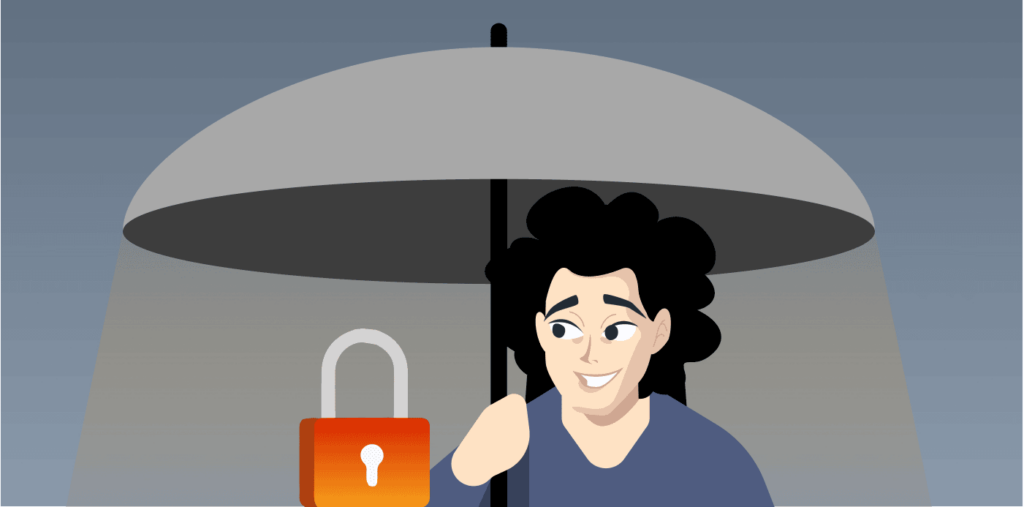
Choosing the right VPN is one of the guaranteed ways of reducing the possibility of a hack on your VPN. When deciding which VPN to choose, here are important features to look out for:
Security
VPNs should secure you and keep you safe online, whether on the surface web or the dark web. This is even more important for the dark web as the inherent risks increase significantly.
A VPN should have at least AES 256 encryption. This is the current global standard and the same encryption that government agencies and military intelligence use.
Logging Policy
Every application you use can track your activities if you let it. This helps them determine inappropriate use, identify fraud, or complete certain actions. VPNs should never do this, though. VPNs are not online marketplaces or social media applications, which means they keep much more sensitive data.
If a VPN’s logging policy doesn’t state that it clears these data after every session, then ensure you avoid it. An uncleared log is a potential haven for malicious actors like hackers and cybercriminals. Governments and their agencies too can leverage the presence of these logs to obtain important information about you.
Kill Switch
A kill switch is a VPN feature that disconnects your device from the network when your VPN connection drops. For example, if you’re browsing the dark web while connected to the VPN and the VPN’s network connection suddenly drops, the kill switch feature will activate and disconnect you from that network. This helps prevent snoopers from uncovering your data and knowing who you are.
Audits
Some VPNs that prioritize security undergo frequent audits by recognized auditing firms. This helps them identify issues that can give rise to potential hacks and solve them on the spot.
RAM-only Servers
RAM-only VPN servers lack any hard drives and subsequently do not have the capacity to store data.VPN providers switched to these kinds of servers when hard disk drives became frequent targets of hackers and cybercriminals. When choosing a VPN provider, consider going for one that uses these servers.